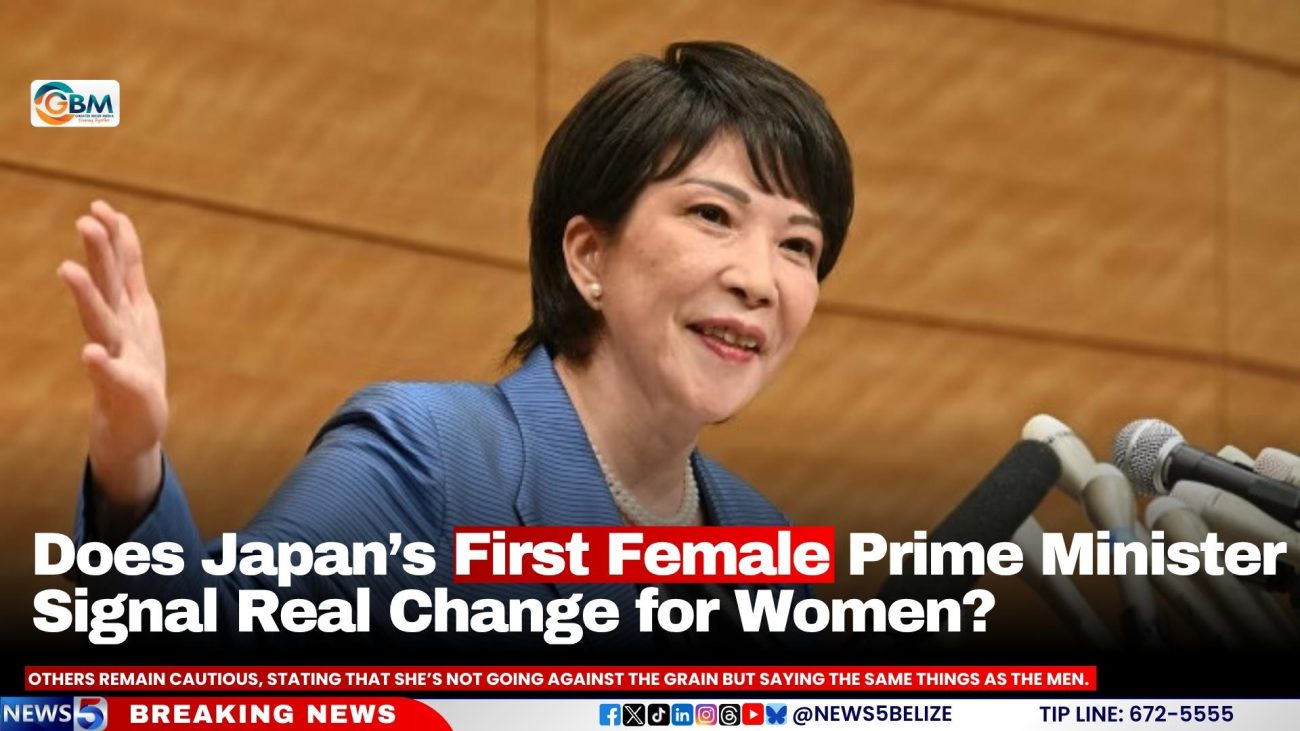Does Japan’s First Female Prime Minister Signal Real Change for Women?
Japan welcomes their first female prime minister, Sanae Takaichi, a historic moment in a country where politics has long been dominated by men. But while her appointment is seen by some as a milestone for women’s representation, others question whether her leadership truly signals progress for gender equality.
As reported by the BBC, critics point to her conservative positions, including her opposition to same-sex marriage and laws allowing married couples to keep separate surnames. She also rejects female succession in the imperial family, reinforcing traditional norms.
“Everyone’s saying this is a great opportunity for women’s empowerment,” said a 21-year-old Japanese citizen, “but I think that’s a very naive interpretation. She perpetuates the patriarchal system.”
Japan continues to lag behind on gender equality. According to the World Economic Forum’s 2025 Gender Gap Index, the country ranks 118th out of 148 nations, with women holding just 15.7 per cent of parliamentary seats.
Still, some see symbolic value in Takaichi’s rise. “There is great significance in Ms Takaichi becoming prime minister,” said Naomi Koshi, Japan’s youngest-ever female mayor. “It lowers psychological barriers for women and girls to see leadership as normal.”
However, others remain cautious, stating that she’s not going against the grain but saying the same things as the men.






Facebook Comments